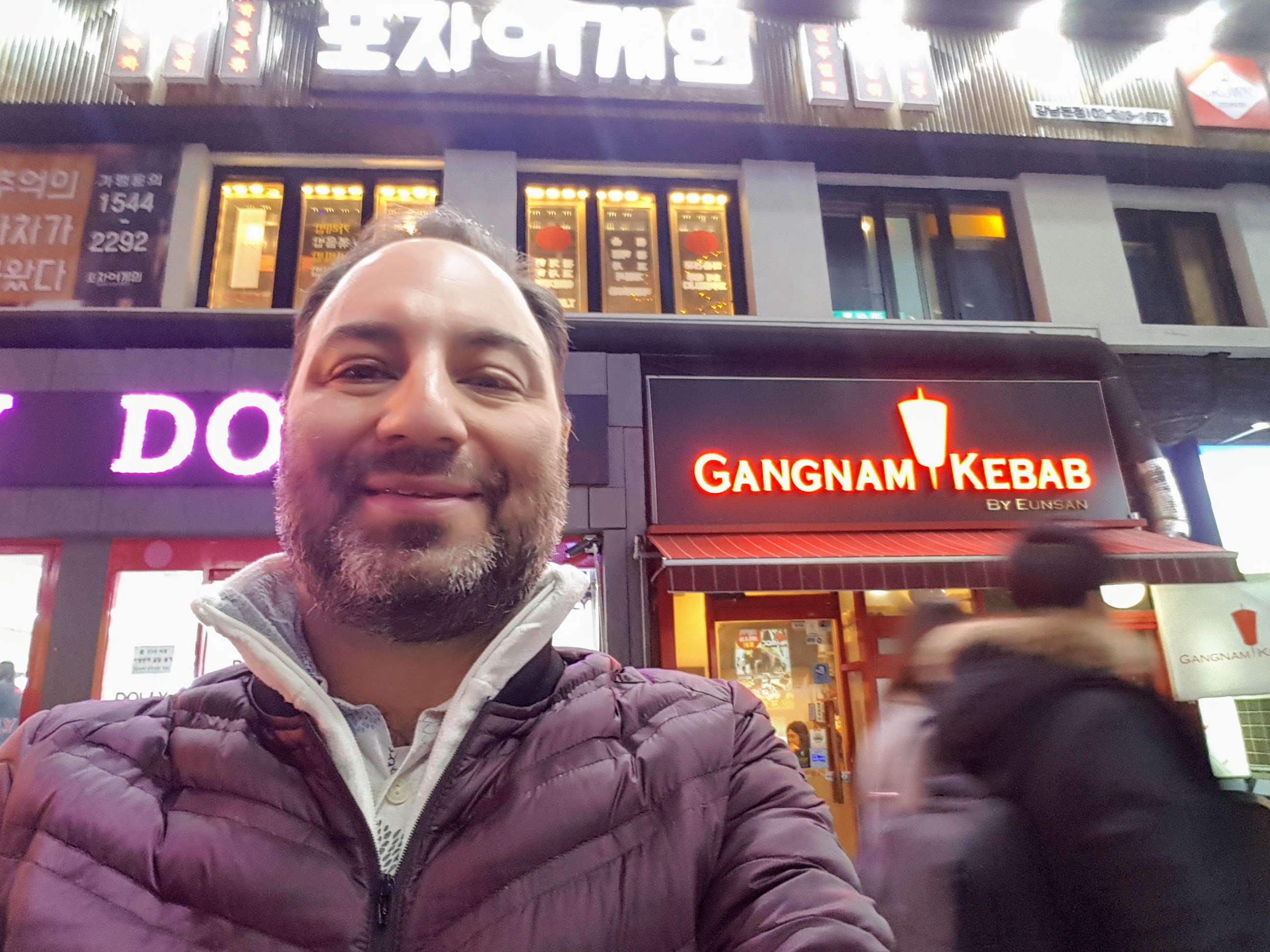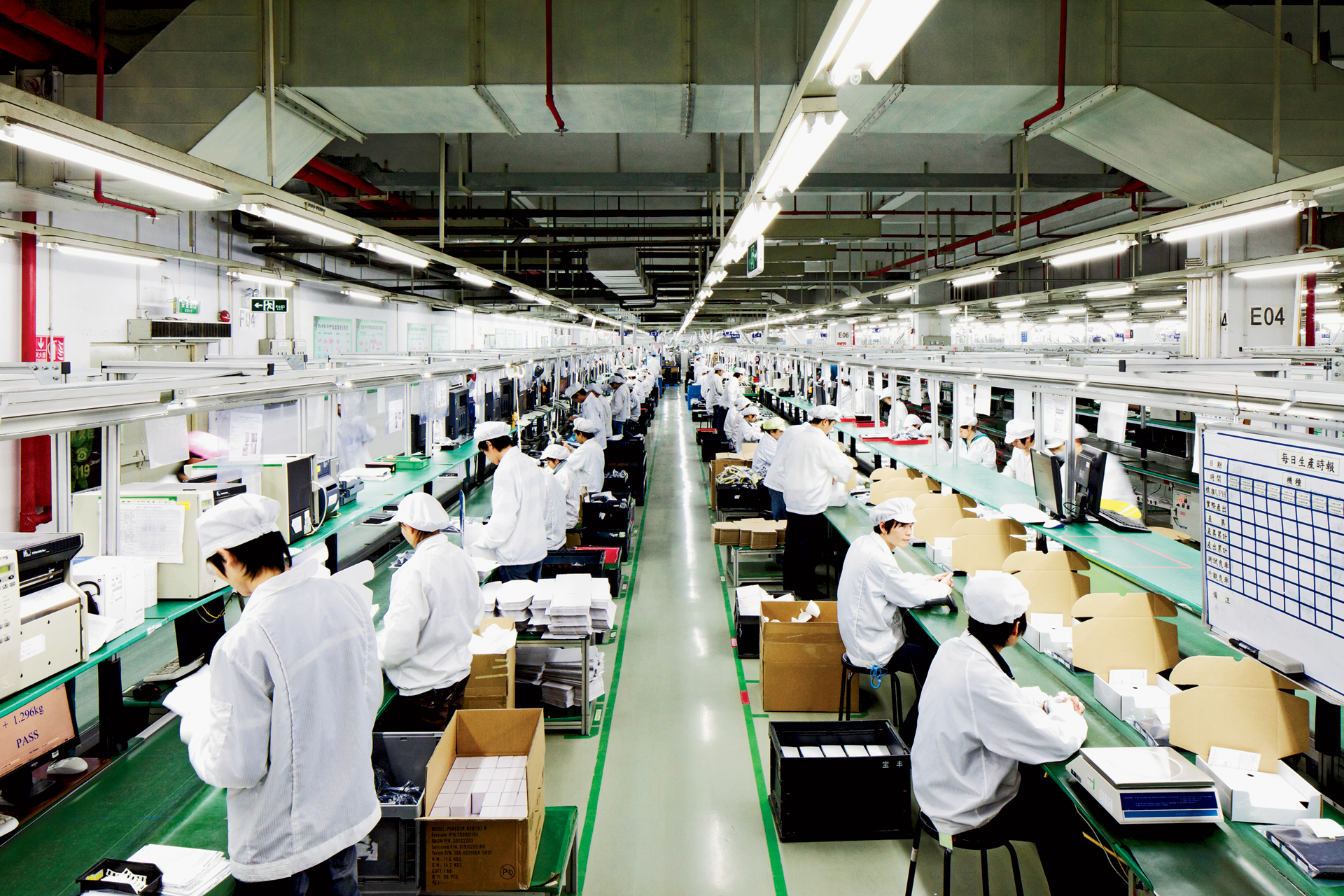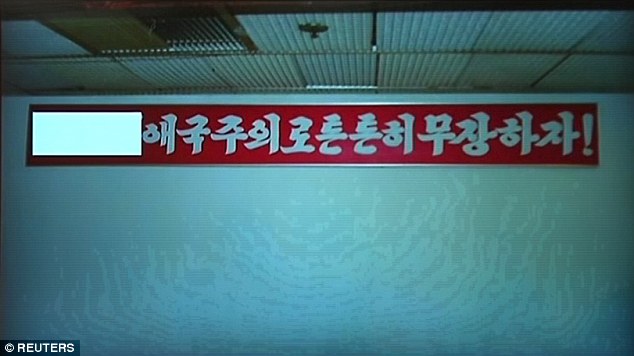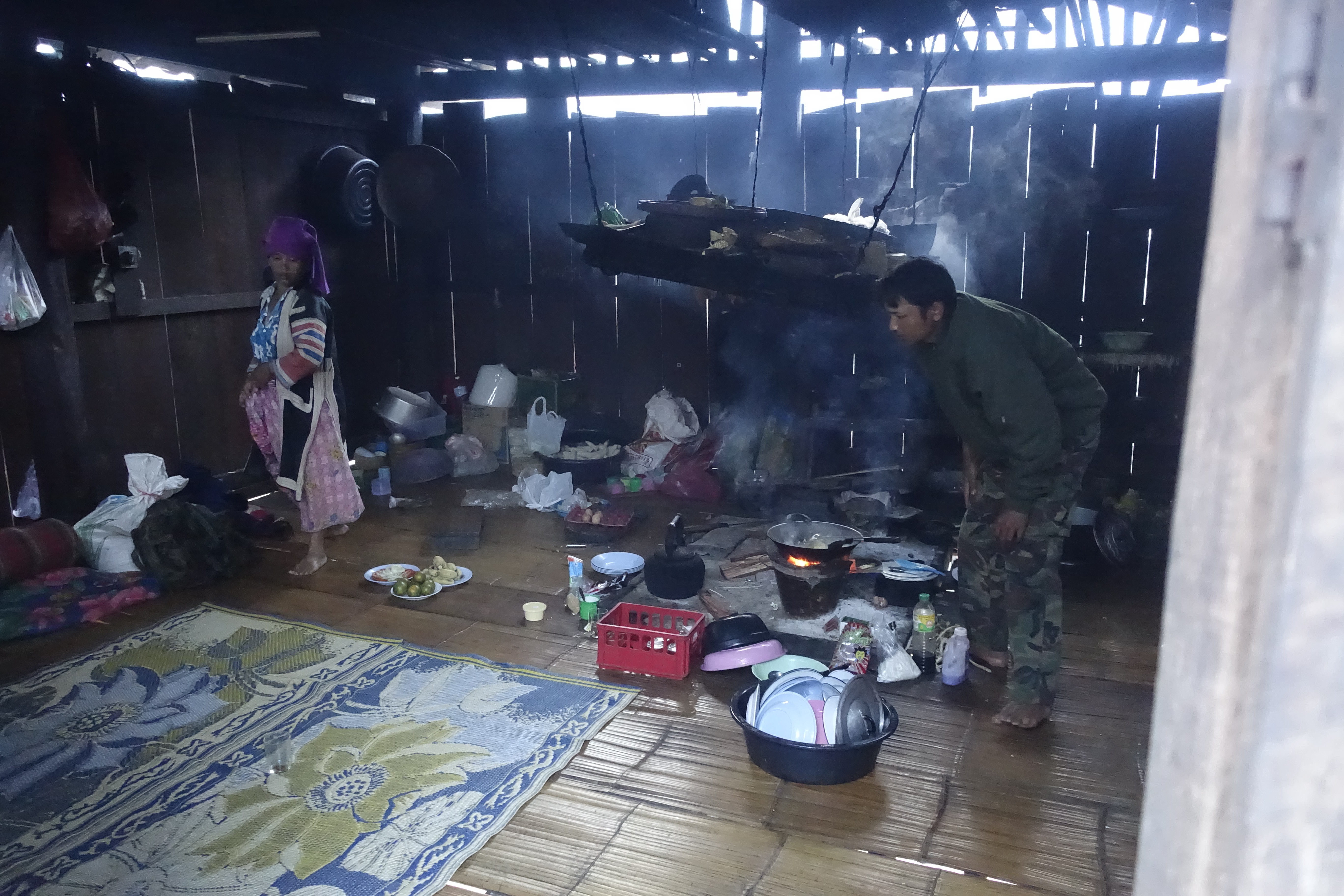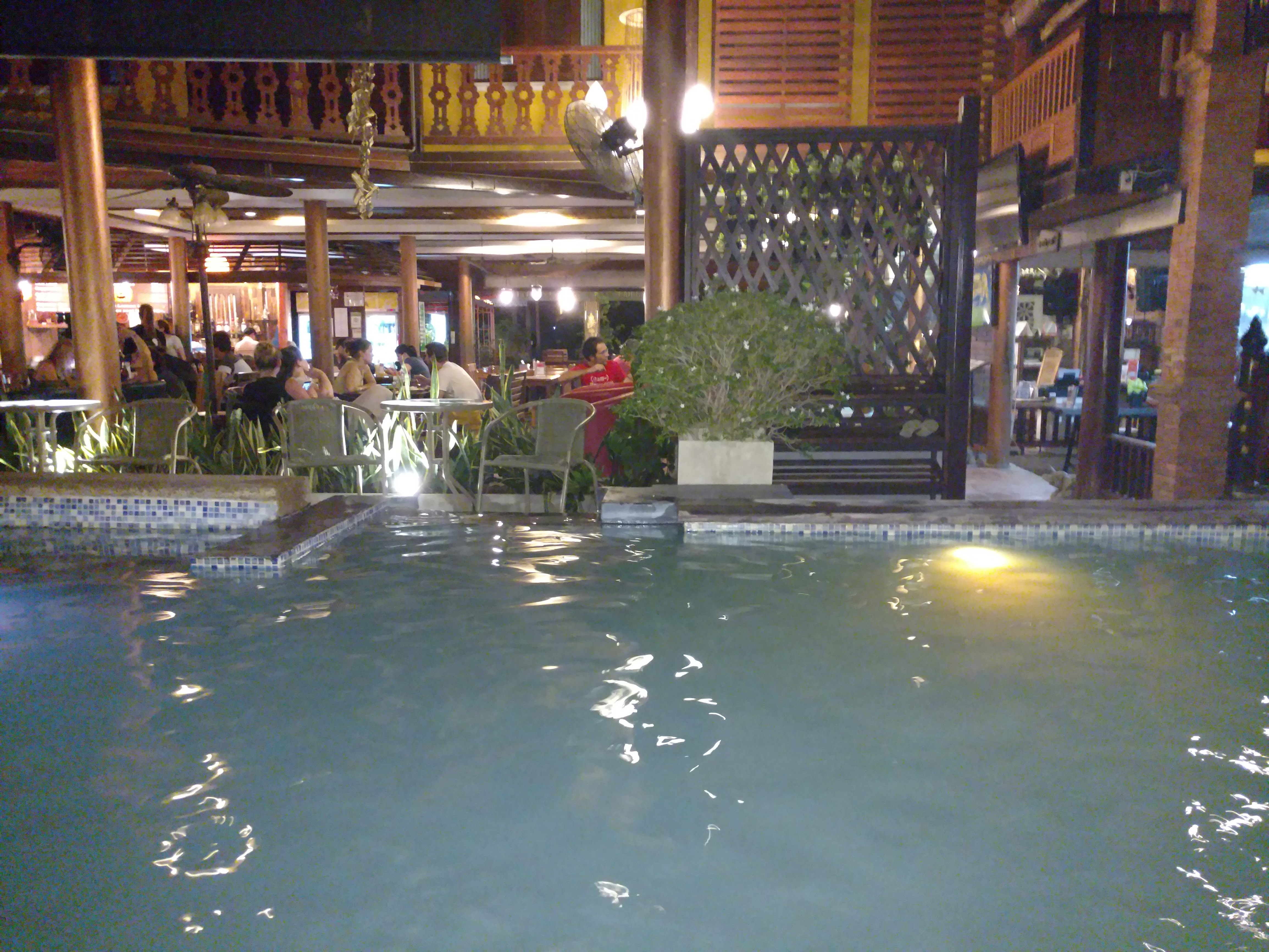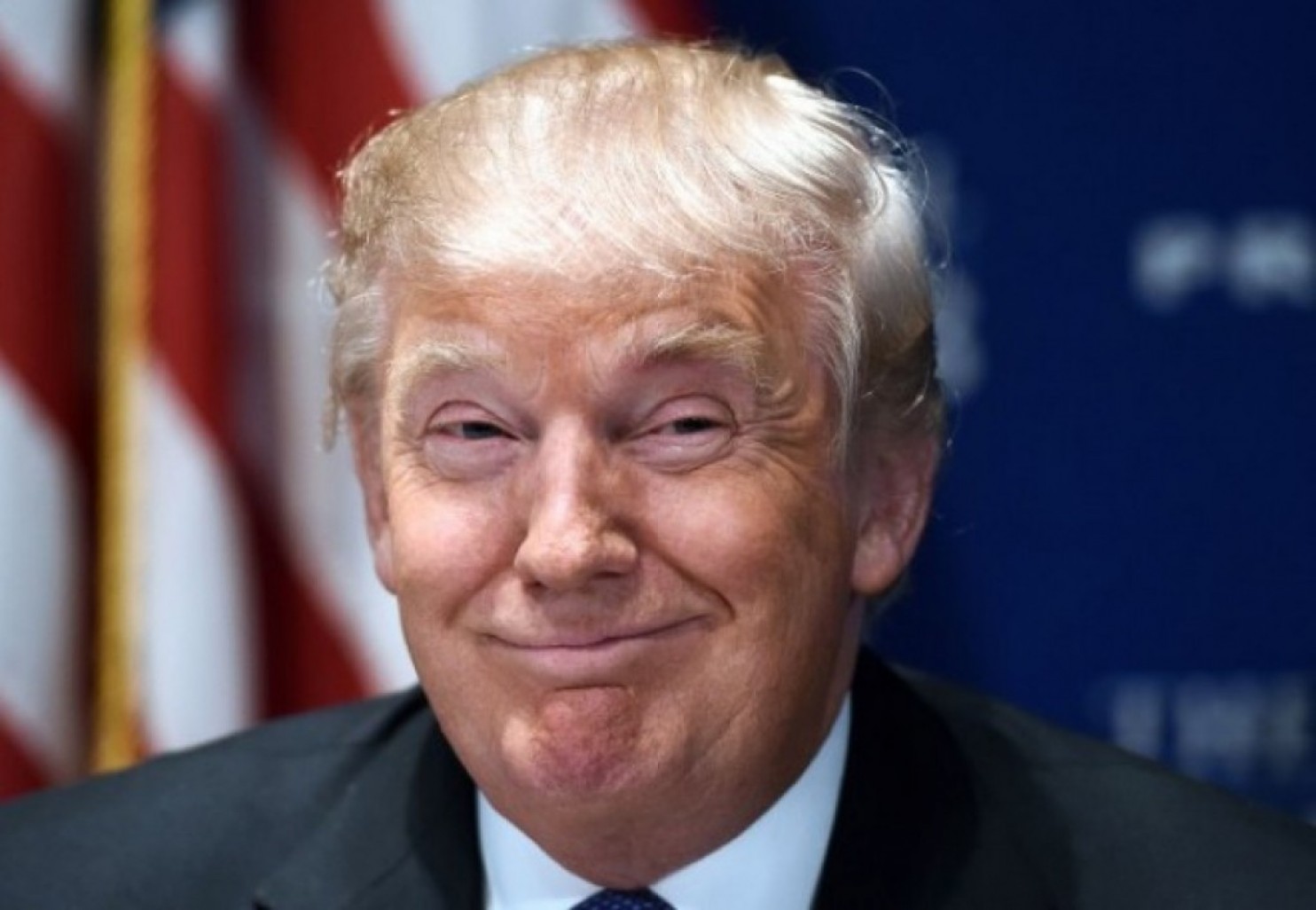I don’t live in America.
I live in Korea now. I’ve been out of the US for a while. And there is, pretty clearly, a lot I don’t understand about my country.
This is some of what’s been running through my head the last couple of days. It’s not a balanced analysis or a prediction of the future or a plan of action. I don’t know what America will do next, and I don’t know what Americans should do next. I know I’ve misunderestimated Donald Trump pretty much every step of the way, and I hope I’m misunderestimating him still. I hope he’s a wonderful, beautiful president and in four years I’m totally embarrassed about the fear and dismay I feel now. But I’m not holding my breath.
Are you Jewish?
When I was a teenager, waiting for the bus under the highway at Fourth and Heatherton in San Rafael, California, a dude with a shaved head and a Budweiser tallboy in a paper bag stalked up to me, got right in my face, and barked, “Are you Jewish?”
“Yes,” I said, too startled to think of lying.
“Whadda you play?”
“Guitar?”
“Oh.” He stomped away, leaving me to my confusion. How did he know I played an instrument? How did he know I was Jewish, and why was he asking? There was something clipped, amped up about the way he spoke. I was wary.
A minute later he turned back to me. “Wanna join a punk band?”
“No,” I said. “I’m not very good.”
“You don’t have to be good. It’s punk.”
“Well,” I said, “I’m not really into punk.”
He thought for a moment. “Yeah,” he said, “you prolly don’t wanna join an Aryan punk band anyway.”
I didn’t know the guy, but I knew guys like him. They hung out at a San Rafael club called the Copa, or they drove trucks and hung out in front of the 7-Eleven in Santa Venetia. It wasn’t until years later that it occurred to me that they hung out there, instead of somewhere more pleasant like Denny’s or the pool hall or Caffe Nuvo in San Anselmo, because they had no money, and you can hang out in a parking lot for free.
They had crap lives, those guys. They were going nowhere. They had lousy grades and probably got beaten up by the men in their lives. There were probably good reasons for them to be angry. Their resentment had causes. But it wasn’t something I wanted to go explore with them while they were drawing swastikas on their school desks and shooting spit wads at the back of my head. Just because your life is shitty, that doesn’t make it OK to be an asshole.
It can happen here
After Trump was elected, I asked my family to make sure they had up-to-date passports for themselves and their children. It’s not that I think the end is nigh, or that America 2016 is Germany 1932. But German Jews in 1932 didn’t think it was going to get that bad either. And if it does get bad enough that my family needs to leave, there’s some chance that the US government might at that point have suspended passport issuance, or just run into endless delays.
Better to be ready.
I grew up Jewish in America, with a sense that I was different. I was taught that the veneer of acceptance was paper thin — that the violence of anti-Semitism could erupt even in what was one of the great safe havens in our history. I sometimes believed that and sometimes didn’t. It irritated me when Rabbi Lipner, the dean of the Hebrew Academy of San Francisco, would rant to us about how our goyische friends weren’t really our friends. But he’d been through the Holocaust, and you had to understand where he was coming from.
Right now I’m thinking that the things that happened in Babylonia and Rome and Persia and Italy and Russia and Spain and Germany and France and Poland and Lithuania and Hungary and Iraq and Egypt and Ethiopia could maybe happen again. Even in America. Now is hardly the moment for that sort of American exceptionalism.
Ask your black friends whether they think America is capable of sustained ethnic violence.
I suppose this is what #blacklivesmatter has been saying all along: that it’s frightening to live in a place where a certain part of the population wants to hurt and humiliate and maybe kill you, and the people in charge don’t seem to mind all that much, and they seem to think that maybe you’ve had it coming. Black people have dealt with that pretty much nonstop for the last hundred fifty-odd years. It was worse before that.
And no, I don’t think anyone’s coming for the Jews first. It’s queerfolk (also me), people of color, Hispanics, immigrants, Muslims, the vaguely Muslimlike who should be most afraid. (The Jews weren’t first on Niemöller‘s list either.) I expect that there will be ugly abuses in the immigrant roundups. People will end up dead. People will disappear. Courts will say that no one is at fault, that rights don’t extend to non-citizens, that mistakes are inevitable. That, I think, is much more likely than any sustained reign of anti-Semitism.
Cold comfort.
Rootless cosmopolitanism
The night Trump was elected, I had dinner with a black woman from Brooklyn. We ate kebabs in Gangnam and talked about not fitting in. I told her that I realized a while ago that I live in foreign countries because I feel like I don’t belong, rather than feeling like I don’t belong because I’m living in foreign countries.
My friend is looking for somewhere outside the United States to live, maybe find a husband and start a family. But in much of the world blackness is something to appropriate before discarding the actual people. Koreans love hip-hop but don’t necessarily love black girls.
She wondered if I knew what it was like to have your culture endlessly appropriated while you yourself are devalued. I explained that that’s what Christianity is for Jews: we’ve been beaten up with our own holy scriptures for two thousand years now. Jesus was a hero to most…
We Jews get accused a lot of disloyalty to whatever country we happen to be in. Often the result has been expulsion or internal exile. That happens enough times, and everywhere begins to seem provisional. It’s not an accident that some Jews have a tradition of wearing shoes and dressing for travel at the Passover seder. The story of our people begins with a violent expulsion.
The places I belong are the places where the wanderers intermingle, where cultures blend: big world capitals, backpacker havens, university campuses, international corporations. They’re often elitist places. They’re not salt-of-the-earth places. My people have mostly not been allowed to own land or be salt of the earth. We live on trade, exchange, ideas, intangibles. We invented an incorporeal God, and we’ve been in on some pretty serious abstract thinking, whether it’s psychology or relativity or Communism or third-order financial derivatives.
Abstract ideas are both difficult to grasp and enraging. It’s actually true that unseen forces control people’s lives: viruses and quantum mechanics, yes, and also the opaque machinery of international finance and trade, and invisible gases that change the climate. And if you’re not happy with your life, you get mad at those unseen forces, and at the people who seem to be in control of them.
This election — yes, I’m still talking about that, somehow or other — was a repudiation of all the thinky, abstract people on both sides, as much a smackdown of Paul Ryan and Bill Kristol as of the left. It turns out the angry mob doesn’t care that much about supply-side economics or constitutional originalism. They want insults and cruelty.
The center does not hold
There are moments in history when the center does not hold. Are we at one of those moments? It’s hard to know. It isn’t 1914 or 1939. But these moments creep up on us. As of January, the three largest countries in the world will be run by a shadowy Communist regime, a Hindu nationalist, and whatever Trump is. Europe seems to be in the process of dismantling the economic arrangements that have made continental war impossible. Marie Le Pen and Frauke Petry are ascendant. The Philippines has elected a goon. Being a moderate is not in style.
Here in Korea, the inept daughter of the old dictator was elected president in a spasm of nostalgia for authoritarianism, and a lot of people here felt the way a lot of Americans feel right now. She’s currently embroiled in a bizarre scandal that has left her with an approval rating of 5 percent and left South Korea with no functioning leadership.
I’m not sure right now how I feel about democracy.
(As has happened so often in world history, the Persians were ahead of the curve and get no credit: the Iranian revolution might be the first great spasm of the nativism and tribalism and nationalism and fundamentalism that is seizing the world.)
Requiem for a forgotten dream
In 2000, Al Gore was elected president after a campaign that didn’t get caught up in the question of why he once wore a brown suit and in which a third-party candidate was not able to convince any significant portion of the electorate that the two major parties were basically the same.
Al Gore became president, and his administration kept up the pressure on Osama Bin Laden’s obscure terrorist organization, occasionally firing cruise missiles into faraway places, which kindhearted liberals like me tended to find shameful. FBI and CIA monitoring quietly disrupted a plan to hijack some planes.
The Gore administration put global warming at the center of its agenda, and America used its considerable economic weight to push China to join a global carbon trading regime.
Rudy Giuliani retired quietly at the end of a tumultuous two terms as mayor of New York, and his nastiness came to seem sort of charming as he became a fixture on NY1, arguing with Al Sharpton.
Early in Gore’s second term, a hurricane hit New Orleans, and everyone agreed that it was a good thing the Army Corps of Engineers had repaired the levees. And an administration undistracted by foreign war hiked interest rates sharply in 2006 and began investigating the shady practice of bundling subprime mortgages as investment vehicles.
And the center held.
And there were no pulverized bodies raining down on New York or floating bloated in the streets of New Orleans, and there were no hundreds of thousands of dead Iraqis, and there were no CIA torture sites spread around the world, and there were trillions of dollars that weren’t spent on fruitless wars, and ISIS didn’t emerge from the chaos of those wars, and our police weren’t militarized with the surplus gear and PTSD from those wars, and revanchist fascism didn’t become the new normal around the world.

